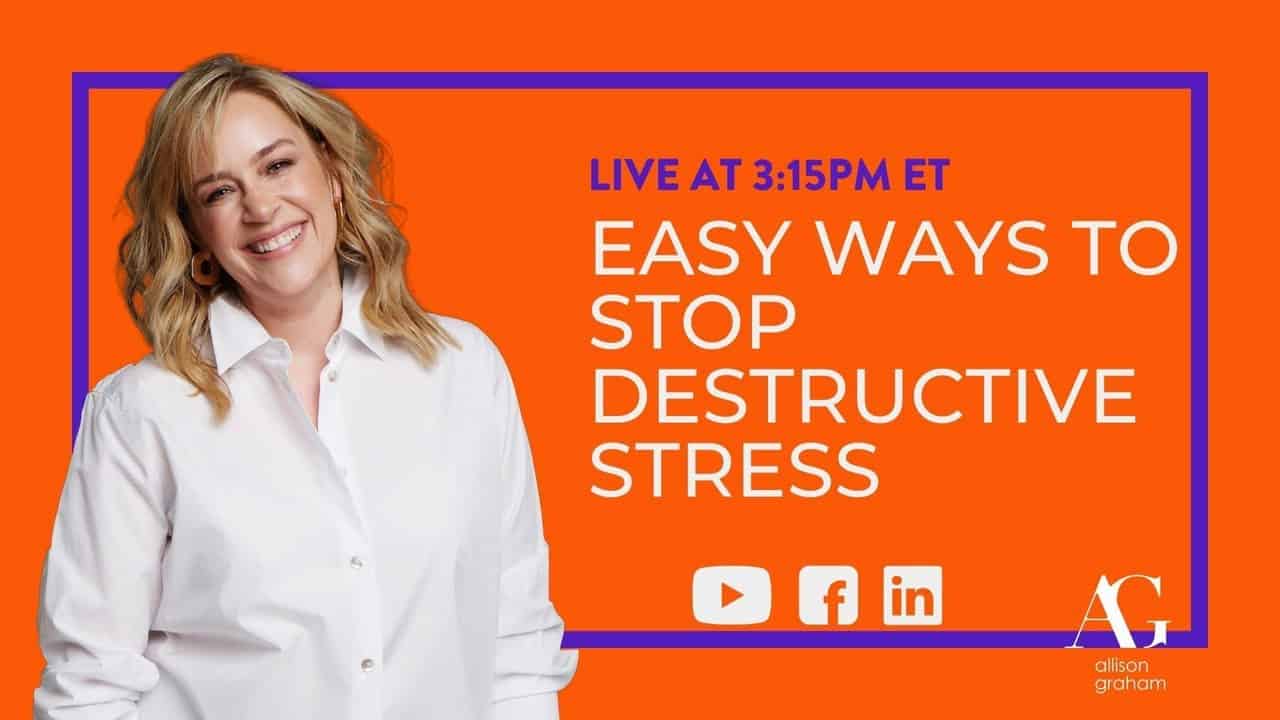Don’t you just love seeing your to-do list all checked off, and having time to do the things you actually want to do? This is the bliss of time freedom. Time freedom is when you have the choice of how you’re going to spend your time. You have time allotted for being in work mode. And then there’s being able to have time off without any guilt whatsoever. It is resting without worrying about things you need to do in the future. It is setting boundaries for yourself so you can choose what to do with your time.
How to Achieve Time Freedom?
In order to achieve time freedom, we have to be strategic about how we use up our time. The things we have to do every day take up our time. If we compress the amount of time to do those things, then we will have more freedom with our own time.
Be aware of your daily capacity
We also have to take into account our daily capacity. Your mental, physical, and emotional capacity is limited everyday. You need it to do, think, feel and be. A lot of the time, we become too overwhelmed with the things we need to do, and we use up all our capacity before we even get the time to rest. This phenomenon is called a “capacity gap.” It is when your mental, physical and emotional ability does not fit what you need to get done. This makes it harder to bring stress management into your life. Thus, fixing that capacity gap is crucial to attain time freedom, along with the energy to actually do the things you like doing.
We have all these external stuff around us–our tasks, obstacles, and adversities–and we need to compress them to fit our daily capacity. How do we do this? We have only 3 options to fix that capacity gap:
- Work longer hours during the week. You put in more hours of work just to have time to rest. This method is NOT ideal.
- Stop doing some of the tasks you’re doing. This is an important strategy. However, you can’t delete your way out of an overwhelming problem. But when done correctly, this strategy is actually quite effective.
- Change the way you approach the things you do. If you approach the external stuff with a more positive attitude, it will steal less of your capacity. And when you have a lot of your mental, physical and emotional power left, then you’ll have the time freedom to do the things you want to do.
Delete the Unnecessary on Your To-Do List
Let’s go into the second method even further. When you successfully delete the unnecessary things on your to-do list, you’ll end up with the time freedom you deserve.
The first step is to figure out what you spend your time on each day. Get a sense of what you do on the daily. Where is your time going? How do you spend your hours? This awareness is effective in knowing which tasks you can eliminate. We can’t delete them if we don’t actually know what they are. Knowing what you do helps you see the unimportant things on your daily schedule.
We have to understand that this deletion strategy is a problem solving framework. It is a process; we can’t just delete what we think we should. We have to be aware of our situation and get a clear view of what’s really happening. Then, we can jump into self-awareness. We need to see how we respond to the situations we’re in. Are we making it harder to accomplish tasks? What are the things we do that seem to be working, and what are the ones that aren’t?
Here are some questions to consider when practicing self-awareness:
- Do you lack boundaries and say “yes” instead of “no”?
You could be saying yes to unnecessary tasks, even when you have no capacity left. If you’re mentally, physically, and emotionally drained, taking on one or more tasks is not a wise choice.
- Do you feel obligated to pick up the slack for others?
Sometimes, when your teammates are dropping their tasks and no one seems to be catching them, you step up and do them yourself. Why do you do it? Maybe you don’t want your team to be lagging behind or stockpiling things to do. Or maybe, you keep picking up their tasks because they don’t mind dropping them.
- Does doing it all win you approval?
There could be a sense of validation and purpose when you do things that people are proud of. You could even find that validation from yourself. Maybe you’re doing these unnecessary tasks because when you do, you win approval from others as well as yourself.
- Why don’t you delegate the tasks?
There are tasks that can be done by other people; you don’t have to do everything by yourself. When you delegate tasks, it’s always better to delegate freely. Micromanaging the tasks being done by others is still unproductive. Trusting that others can do the tasks will free up more of your capacity.
- Is your identity too closely aligned with being busy?
Maybe being busy is what you want. Maybe it’s how you see yourself–a busy person who always has something to do, and never runs out of tasks. But if you weren’t caught up in this busyness, who would you be? If this busy lifestyle is separate from your identity, then it becomes a choice, not a part of who you are.
Once we go through situational awareness and self-awareness, then we can solve the problem. We can start deleting the tasks that are taking up unnecessary space in our lives. Soon enough, we can free our capacity and actually have the energy for the things we love doing.
Have Space and Capacity for What Truly Matters
We need to look strategically at how we’re floating in this human experience. We could be showing up negatively, and so we have all these piled up things to accomplish instead of time freedom. By immersing ourselves in the problem solving framework, we can show up positively instead. Once we get to fix that capacity gap, we will not be bogged down by destructive stress. So, have more joy, and you’ll have more space and capacity for the things that matter most in your life.

